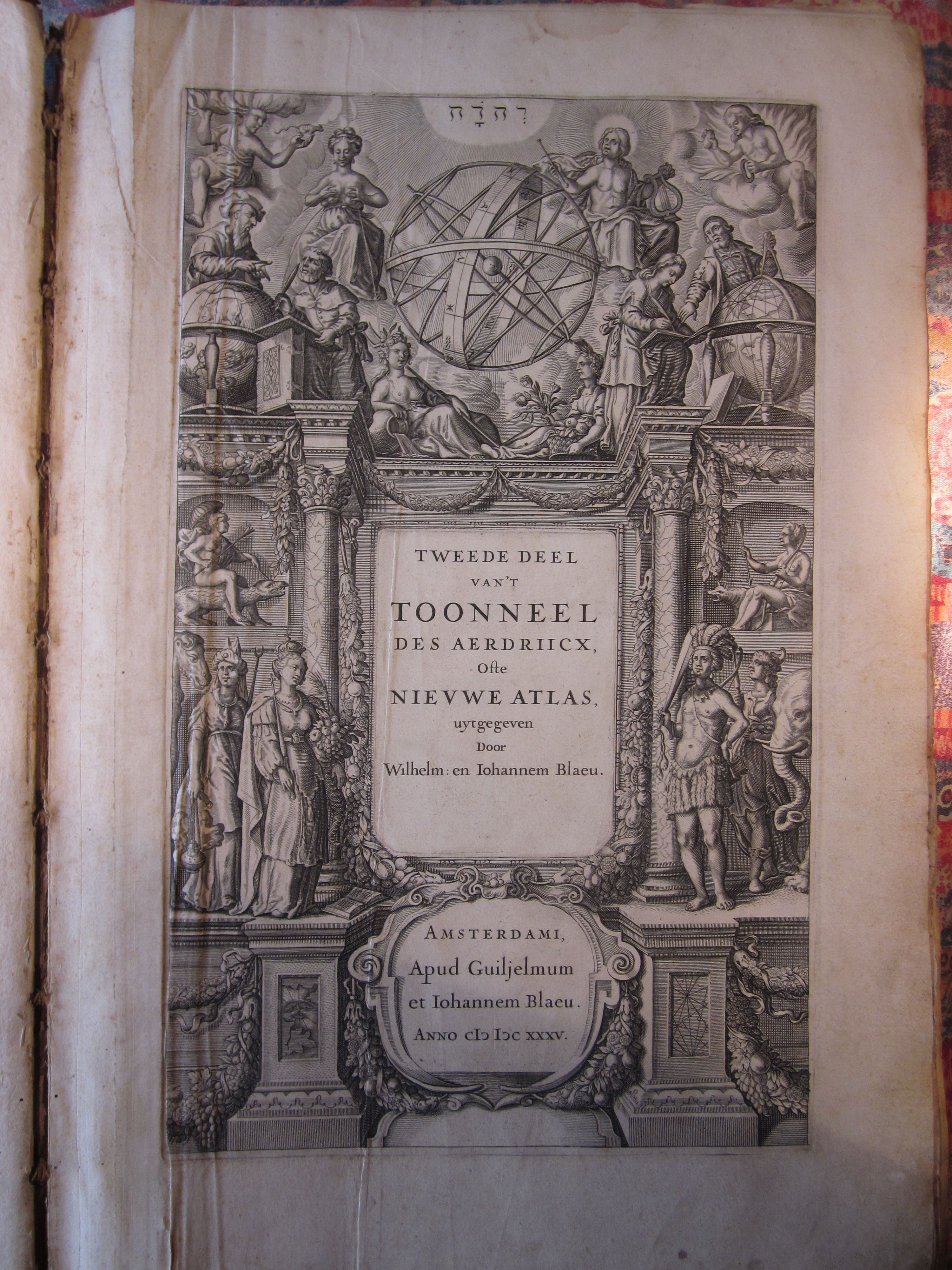
A point of reference for transregional contact?
By Bram De Ridder
In June 2014 the members of the research project ‘Proud to be Dutch. The quest for national identity’ organised a workshop on Early Modern Europeanism. Gathering in the city of Amsterdam, which was at the time preparing itself for the traditional orange world cup-frenzy, the participants pondered if and how the idea of ‘Europe’ might have been important before 1815. As the presentations made clear, the notion certainly was present in the vocabulary of the Early Modern period and offered a point of reference across political and cultural divides.
The introduction by organizer Lotte Jensen immediately pointed out why debating Europe is so important. Just before the conference Jensen had attended a European election rally of the German Chancellor Merkel where the opinions of the spectators were starkly divided, something which is not limited to Germany alone. In this light more knowledge about which ideas circulated in the past and how they evolved over a longer stretch of time will form a valuable addition to both historical and political debates about Europe.
Three presenters in particular provided appealing theses, the first being David Onnekink of the University of Utrecht. As a specialist of Early Modern international relations professor Onnekink commented on the use of the phrases ‘Europe’ and ‘Christendom’ in the diplomatic discourse of the late seventeenth and early eighteenth centuries. Interestingly enough his preliminary findings contrasted markedly with those of Peter Burke, who is widely recognized as an authority on the topic.[1] Whereas Burke denies the notion ‘Christendom’ any substantive relevance in eighteenth century treaties, Onnekink believes the word could not have been mere window-dressing. He instead contends that both the phrases ‘Europe’ and ‘Christendom’ implied an important European-wide unity, but that the former was still a rather technical term (e.g. the balance of Europe) compared to the latter, which carried more emotional weight.
Whereas this first presentation was soundly situated within diplomatic history, the second paper explored literary clues about ‘Europe’. Based on the printed reactions to four major peace treaties (Munster, Rijswijk, Utrecht and Aachen), Lotte Jensen’s conclusions were more congruent with those of Burke. From 1713 onwards the idea of Pax Christianitas was apparently replaced by a more technical discourse including the word ‘Europe’. Most interesting about Jensen’s presentation was that she demonstrated how a term important for political discourse also gained currency within Dutch literature. The notion of ‘Europe’ not only streamlined communications in international relations, but also grew as a potential cultural point of reference.
This last point was reinforced by Michael Wintle (University of Amsterdam). If Jensen proved how ‘Europe’ became culturally important in the Dutch Republic, professor Wintle demonstrated how the idea travelled across the continent. Positing a big role for Dutch engravers and other artists, he contended that from the late sixteenth century onwards a relatively consistent image of ‘Europe’ arose. One of the most significant images within this development was that of the goddess Europa contrasted with the other continents. Garmented with all the virtues of Early Modern progress, she clearly trumped Africa, Asia and America in terms of power and civilization. This portrayal appealed to most European elites and could therefore be found in many different countries, but especially in the Dutch Republic. (As is demonstrated by the 1637 Bleau atlas shown above).
Deducted from these presentations (as well as the papers that could not be discussed here) it seems that one conclusion of the workshop could be that the technical ‘Europe’ of political discourse seems to have coexisted with images of ‘Europe’ that were used in the wider context of cultural communications. Although the idea of Europe was not per se transregional in terms of content (as many participants pointed out, the notion could mean very different things in a French or a German context), it nevertheless became one of the stock representations that could facilitate political and cultural connections. In this respect, the idea of ‘Europe’ might have formed a common point of reference for different sorts of transregional exchanges.
[1] See Burke, Peter. “Did Europe Exist before 1700?” History of European Ideas , 1.1 (1980), p. 21–29.